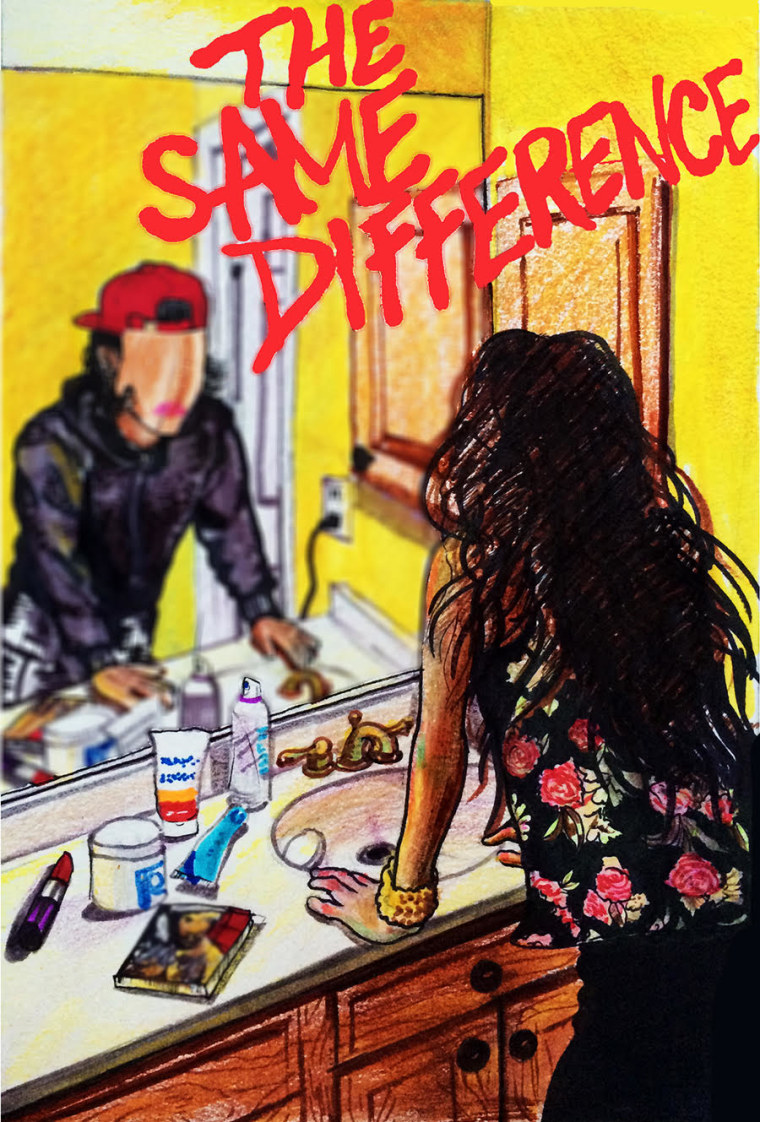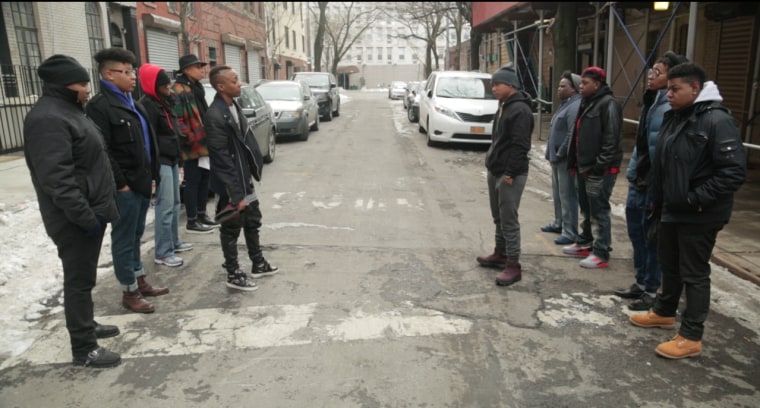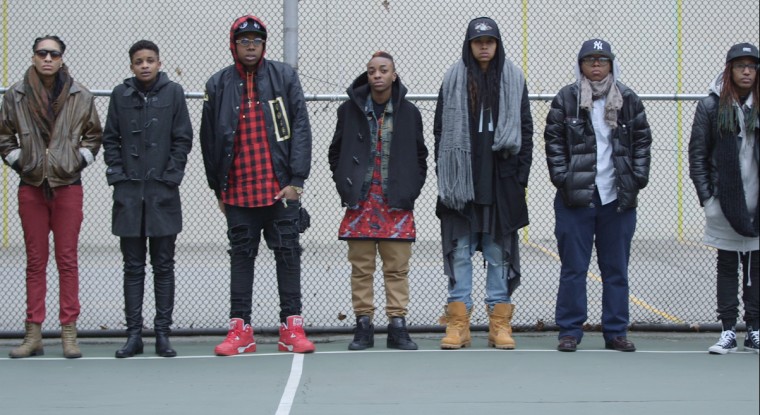In marginalized communities, often denied opportunity for self-definition, individual members can express their agency by establishing constraints — by staking claim to traits deemed worthy and casting aside all else.
For individuals, this is therapy: a valiant attempt at sloughing off labels assigned from without in favor of labels asserted within. But for communities, this is an act of constriction.
Director Nneka Onuorah’s film, “The Same Difference”, is a presentation of these trials and their context within the lesbian community. It is an unflinching view of lesbianism, with its beautiful and provocative nuance taking center stage.

“Black women don’t have a voice—Black ‘AG’ [aggressive] lesbians don’t have a voice,” said Onuorah, referring to lesbians exhibiting behaviors traditionally deemed masculine. “I wanted to tell a story of my own for people who look like me.”
“The Same Difference” marks Onuorah’s most forceful lunge into the realm of cultural commentary, as she examines rifts in lesbian ideology, namely, the criticism of AG lesbians—also called studs—assuming stereotypically feminine roles. The documentary reveals the declarations against stud-on-stud relationships and the near-edict rebuking studs who bear children.
It’s hard enough to have the world disapprove, but honestly, it’s really hard to have much of your own community go against [your identity].
“My goal was to introduce AG lesbians—all types of lesbians—to the broader world, and start a conversation within the lesbian community about what it means to be a lesbian,” Onuorah said. “It’s hard enough to have the world disapprove, but honestly, it’s really hard to have much of your own community go against [your identity]."
The thesis of the documentary—that identity is fluid rather than spectral—is best advanced by Onuorah’s artful casting, an array of colorful characters running the gamut.
Felicia Pearson, widely known for her portrayal of hardened “Snoop” on HBO drama “The Wire,” is filmed as she prepares for an upcoming audition, donning heels, sashaying, and broaching the boundaries of her comfort.
King Kellz, a self-identified stud and popular dancer based in Brooklyn, wrestles with the fervent backlash she receives from lesbians disapproving of her hair extensions.
Jordan Diaz-Cross is a stud who responds to her partner’s infertility by electing to bear their child; the dissent she faces offers viewers a stunningly clear example of the rigid expectations which so often confine lesbians.

These characters allow “The Same Difference” to be deliberate in its honesty and unapologetic in its skepticism. Onuorah does not introduce these subjects as a nod to the viewer—they do not serve to assuage concerns about an unscrupulous world. They endure and persevere, yes—but so does the culture oppressing them.
Nneka Onuorah has waded in this culture for years, herself a lesbian burdened by suppositions and suggestions about how she should dress and who she should desire. Her film shows that in the battle for self-definition, wrested mantles lay in wake and rigid boundaries are enforced by sharp, scornful tongues.
The film is both a window and a mirror—peering into the world outside, peering into the soul of its muse. Only when femininity is deemed antithetical to masculinity are the garments and hair we wear vested with such power; the power to determine who one must date, or whether one may give birth. The film intends to highlight this delusion; its director does so in her every step and swagger.
“The Same Difference” debuted in October in New York City at NewFest, an HBO-sponsored LGBT film festival, where it made festival history by selling out four screenings in a record four minutes. Onuorah will tour the film throughout the country with stops in various southern states and California.

